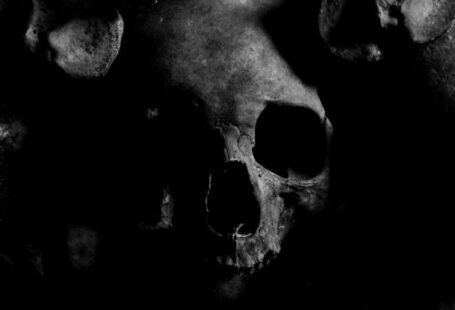Regret and Hope in “The Midnight Library”
In the realm of literature, there are certain stories that have the power to move us deeply, to make us ponder the intricacies of life and the choices we make. “The Midnight Library” by Matt Haig is one such book that delves into the themes of regret and hope with profound insight and sensitivity. Through the journey of its protagonist, Nora Seed, the novel explores the profound impact of regrets on our lives and the possibility of finding hope and redemption even in the darkest of moments.
The Weight of Regret
Regret is a universal human experience, a feeling that can linger and haunt us, shaping our decisions and perceptions of ourselves. In “The Midnight Library,” Nora Seed finds herself at a crossroads in her life, filled with regrets about the choices she has made and the paths she did not take. The weight of these regrets becomes almost unbearable for her, leading her to a place between life and death where she is given the chance to explore the lives she could have lived.
Through the myriad of alternate realities presented to her in the Midnight Library, Nora comes face to face with the consequences of her choices and the deep-seated regrets that have defined her existence. Each book in the library represents a different life she could have led, a different path she could have taken, highlighting the infinite possibilities that exist within the realm of regret.
Exploring the Roads Not Taken
One of the most compelling aspects of “The Midnight Library” is its exploration of the roads not taken, the lives we could have lived if only we had made different choices. Nora’s journey through the library allows her to see firsthand the impact of her decisions on herself and those around her, illuminating the complex web of connections that shape our lives.
As Nora navigates through these alternate realities, she grapples with the question of whether she could have been happier, more fulfilled, if she had made different choices. The novel challenges readers to reflect on their own regrets and consider the possibility of rewriting their own stories, of finding redemption and healing in the face of past mistakes.
Finding Hope in the Darkness
Despite the weight of regret that permeates the novel, “The Midnight Library” ultimately offers a message of hope and redemption. Through Nora’s journey, we see that it is never too late to change, to make amends, to find joy and fulfillment in unexpected places. The novel reminds us that even in our darkest moments, there is always the possibility of light, of finding meaning and purpose in our lives.
The concept of the Midnight Library itself serves as a metaphor for the infinite possibilities that exist within us, the endless potential for growth and transformation. As Nora learns to let go of her regrets and embrace the present moment, she discovers that true happiness lies not in the pursuit of perfection but in the acceptance of imperfection, in embracing the messy, unpredictable nature of life.
Embracing the Power of Choice
At its core, “The Midnight Library” is a profound meditation on the power of choice, on the agency we have to shape our own destinies. Through Nora’s journey, we are reminded that our lives are not predetermined by our past mistakes or regrets, but by the choices we make in the present moment. The novel challenges us to confront our own regrets, to acknowledge them without being defined by them, and to embrace the possibility of change and growth.
In a world where regret and hope often coexist in a delicate balance, “The Midnight Library” offers a poignant reminder that it is never too late to rewrite our stories, to find redemption and healing in the face of our deepest regrets. Through its exploration of the roads not taken and the power of choice, the novel invites readers to reflect on their own lives and consider the infinite possibilities that lie ahead. In the end, “The Midnight Library” is not just a story about regret and hope; it is a testament to the resilience of the human spirit and the transformative power of self-discovery.





